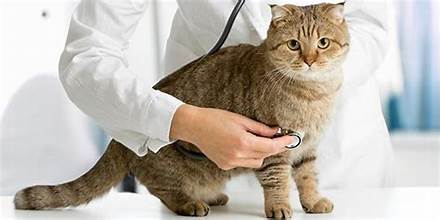Our feline friends are cherished members of our lives with their endless joy and comforting cuddles. But like all beloved companions, they need protection from potential health threats.
We will guide you through the essential vaccines for your cat, the common parasites to be aware of, and the warning signs to watch for.
Vaccines: Building an Armor
Vaccines are not just tiny suits of armor; they are the frontline defense, protecting your cat from serious diseases. Here are the core vaccines most cats need:
FVRCP:
This combination vaccine protects against three major feline illnesses:
Feline panleukopenia (feline distemper)
It is a highly contagious and potentially deadly virus that affects a cat’s white blood cells.
Feline viral rhinotracheitis:
Causes upper respiratory problems like sneezing, congestion, and conjunctivitis.
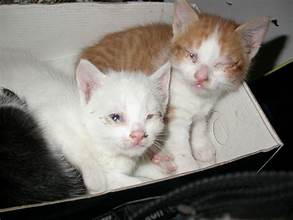
Feline calicivirus:
Another upper respiratory infection that can cause fever, mouth ulcers, and difficulty breathing.
Rabies:
This fatal disease can be transmitted to humans by being bitten by an infected cat. Most states require your cat to be vaccinated.
Optional Vaccines:
Bordetella:
This vaccine offers protection against another upper respiratory infection. Based on your cat’s lifestyle, discuss the need with your vet.
Feline Leukemia Virus (FeLV):
This virus weakens the immune system. The vaccine is crucial for kittens and some adult cats at risk of exposure (outdoor cats or those with feline friends of unknown status). Discuss this with your veterinarian.
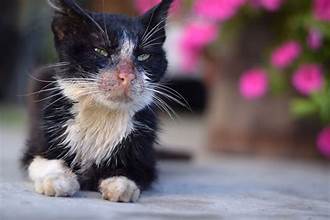
Vaccination Schedule:
Kittens typically receive vaccines starting at 6-8 weeks old, with boosters following. Depending on the vaccine and your vet’s recommendation, adult cats need revaccinations every 1-3 years.
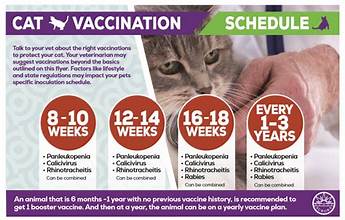
Warning Signs of Illness When to See the Vet
Early detection is critical to keeping your cat healthy. Watch out for these signs that might indicate a vaccine-preventable disease or a parasite infestation:
Fever:
A rectal temperature above 103°F (39.4°C) can signal an infection.
Lethargy:
Something might be wrong if your usually energetic cat becomes sluggish.
Loss of Appetite:
A healthy cat should be interested in food.
Vomiting or Diarrhea:
These can be caused mainly by various issues, including parasites.
Weight Loss:
If you notice your cat losing weight,r it can be a symptom of several illnesses.
Skin and Coat Problems:
Excessive scratching, hair loss, or scabs could indicate fleas, mites, or allergies.
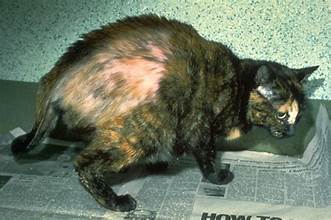
Respiratory Issues:
Difficulty breathing, sneezing, or coughing might be signs of an upper respiratory infection.
Scratching excessively:
This could indicate fleas, ticks, or skin allergies (consult your vet to differentiate).
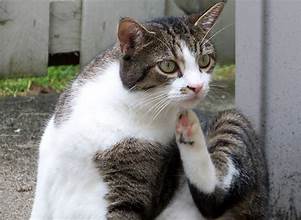
Vomiting or diarrhea:
This could be due to parasites, dietary indiscretion, or other illnesses.
Visible worms or worm segments:
A clear sign of internal parasites.
Parasites: Unwanted Guests
Parasites are tiny organisms that live on or inside your cat, stealing nutrients and causing discomfort. Here are the common culprits:
Fleas and Ticks:
These blood-sucking insects can irritate, cause anemia, and transmit diseases.
Roundworms and Hookworms:
Internal parasites in your cat’s intestines can cause weight loss, diarrhea, and vomiting.
Tapeworms:
Flatworms live in the intestines and can cause weight loss. Segments may be visible in your cat’s stool.
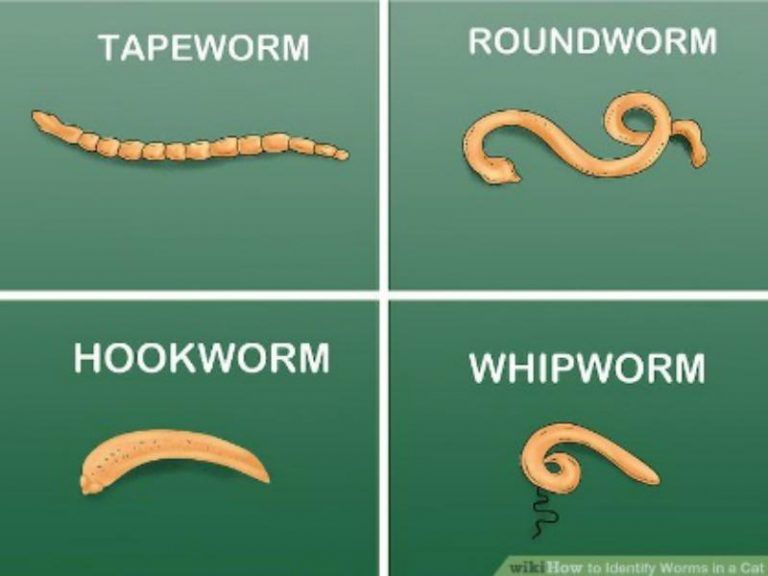
Ear Mites:
These microscopic mites cause intense itching and head shaking.
Keeping Your Cat Healthy:
Regular vet checkups are not just a formality but crucial for your cat’s health.
Your vet can recommend the appropriate vaccination schedule and parasite prevention plan for your cat.
Maintain a clean environment:
Regularly vacuum and wash bedding to control fleas, mites, and other parasites.
Deworming:
Follow your vet’s advice on deworming medication to keep internal parasites at bay.
Remember:
This information is for general knowledge. Your veterinarian is your best ally in understanding your cat’s unique vaccination and parasite prevention needs. With their guidance and vigilance, you can ensure your feline friend lives a long and healthy life!
These tips can help your feline friend live a long and healthy life!

